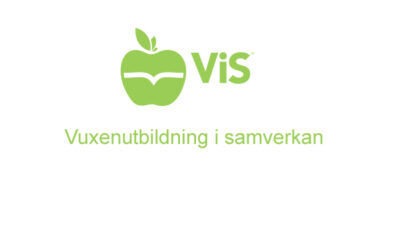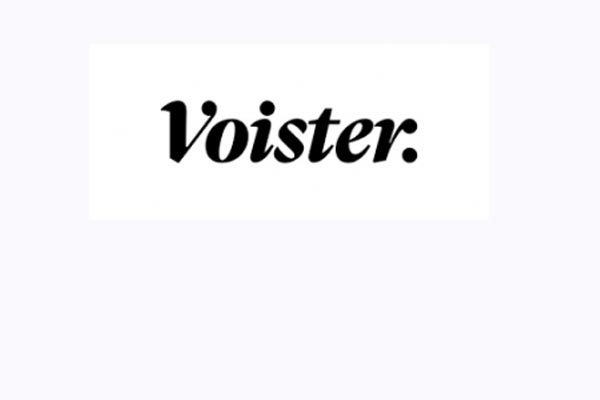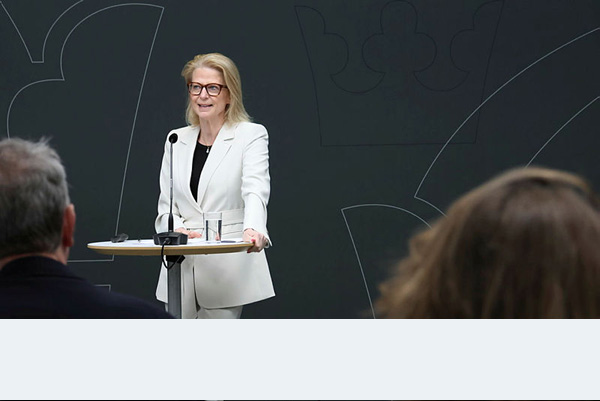En uppdaterade versionen av förslaget på en rekommendation för Open Educational Resources (OER) är just lanserad (Director-General’s Circular letter (CL/4273) regarding the Revised Draft Preliminary Report and Draft Recommendation concerning Open Educational Resources).
Denna version är utarbetad utifrån de synpunkter Unescos medlemsländer, inkl. Sverige, skickade in i januari 2019. SVERD var med och gav synpunkter till detta förslag. Mer information kommer att diskuteras här på SVERDs hemsida samt oi social medier (SVERDs FB och Twitter).
Förslaget kommer nu att diskuteras på ett mellanstatligt expertmöte i slutet av maj. Därefter kommer beslut om att anta rekommendation tas av Unescos generalkonferens i november 2019.
Slutsatserna i fyra punketer är att:
30. Further to 39 C/Resolution 44, and 201 EX/Decision 9, a Recommendation has been identified as the best-suited form of standard-setting instrument in this area. It has been recognized that in comparison to a Convention, a Recommendation is more flexible and will become operational more rapidly. Despite being a statement of principles, it has the potential to raise the profile of OER collaboration to a higher political level in all Member States of UNESCO. This can play an important role in stimulating the realization of the potential of OER for accessing knowledge freely, providing quality content at no cost, helping to foster equitable and inclusive teaching and learning and supporting curriculum development at all levels.
31. Recognising that the Ljubljana OER Action Plan is the outcome of a lengthy process of international collaboration and consensus building, the main themes of the Recommendation are drawn as a starting point from this document. Therefore, the draft Recommendation addresses five objectives: (i) Building capacity of stakeholders to create access, use, adapt and redistribute OER; (ii) Developing supportive policy; (iii) Encouraging inclusive and equitable quality OER; (iv) Nurturing the creation of sustainability models for OER; and (v) Facilitating international cooperation.
32. A Recommendation on OER could potentially play a strong role in supporting strategic cooperation between Member States in OER development, to minimize unnecessary duplication in OER development investments and to develop a global pool of culturally diverse, locally relevant, gender-responsive, accessible, educational materials in multiple languages.
33. Based on the present study, it is clear that a Recommendation on OER would provide a dynamic and effective solution for supporting international collaboration in this area which is of utmost importance at a time when the usage, creation and availability of OER has become an essential building block for achieving the 2030 Agenda for Sustainable Development






